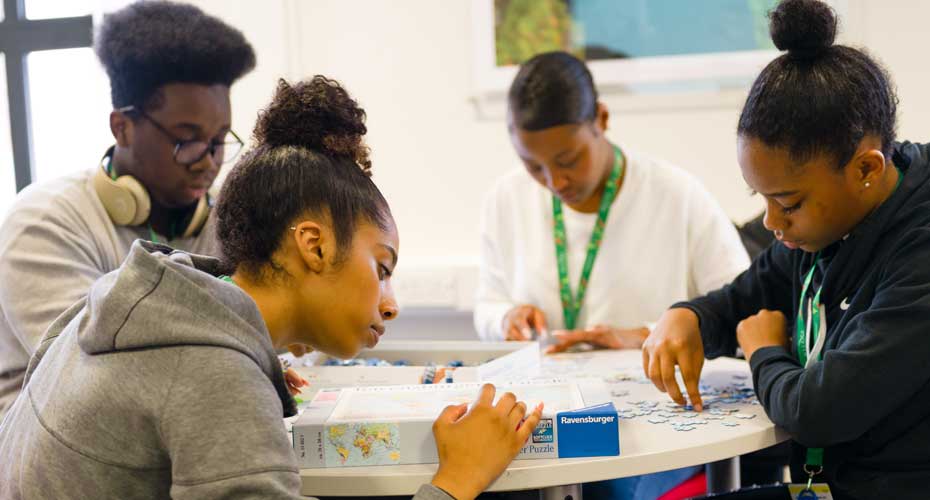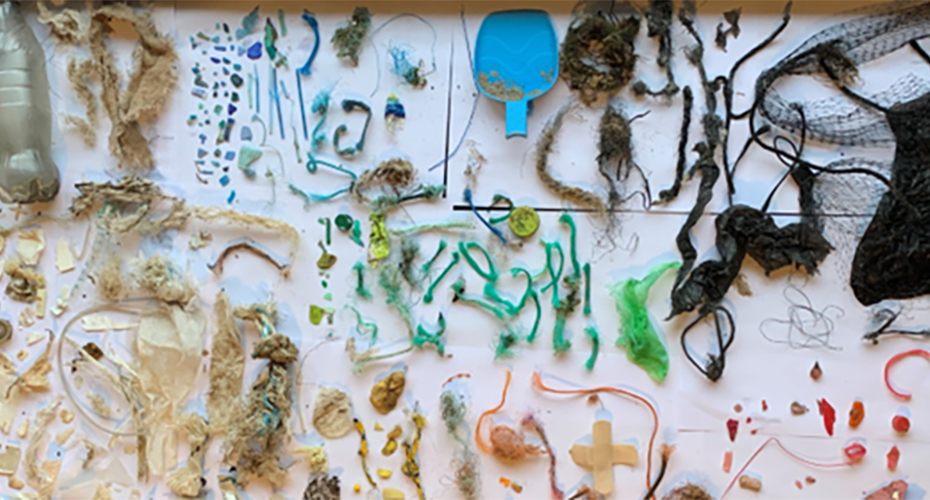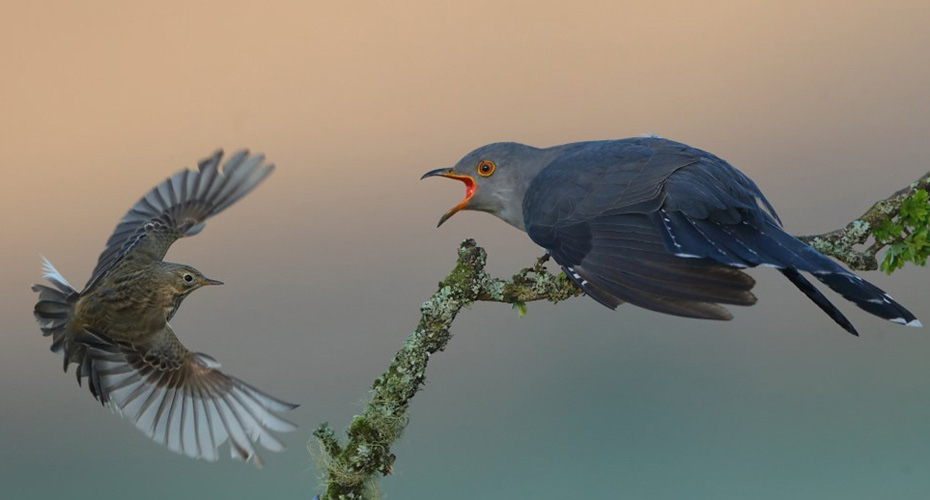Outreach, Public Engagement and Widening Participation
Biology is the study of life, in all its forms and at all scales, from microscopic single-celled organisms to the giant two-mile-long fungus that is the largest living organism on earth.
There are many types of biologist, but we all seek to understand how living organisms function and how they interact with their environment. We work with doctors to advance medicine, with farmers to develop pest-resistant fruits and vegetables, with companies to improve industrial processes, and with people all over the world to understand the effect that humans have on our planet and how we can minimise and/or repair damage.

Interested in finding out more?
Biosciences at Exeter runs a variety of exciting events for GCSE and A-level students, including hands-on lab-based activities where you can experience the thrill of working in a Biosciences lab.
If you have any questions about the activities we run, or about how your school can get involved please email the Outreach team.









